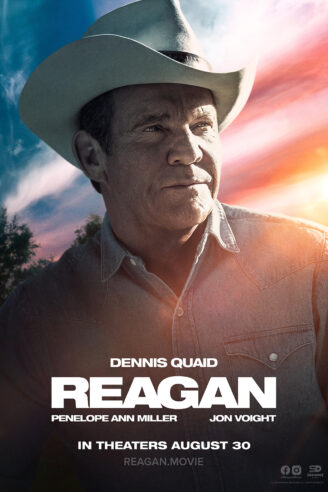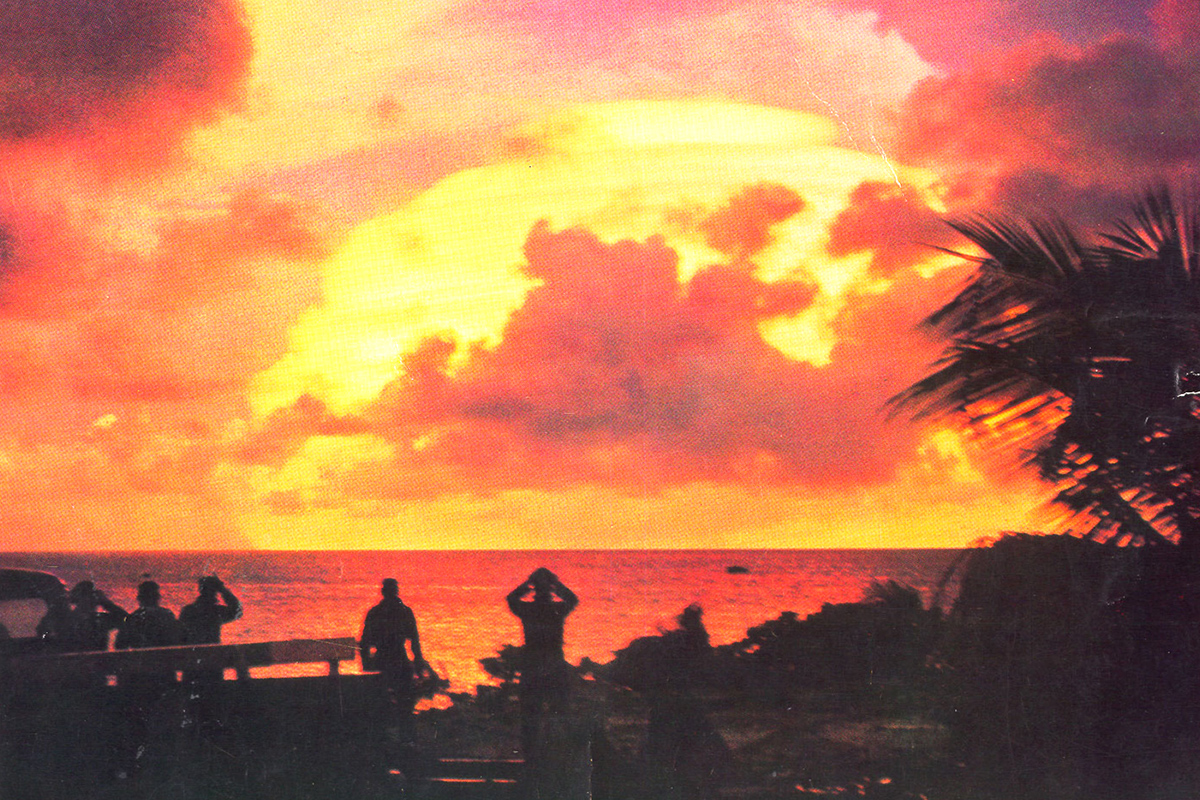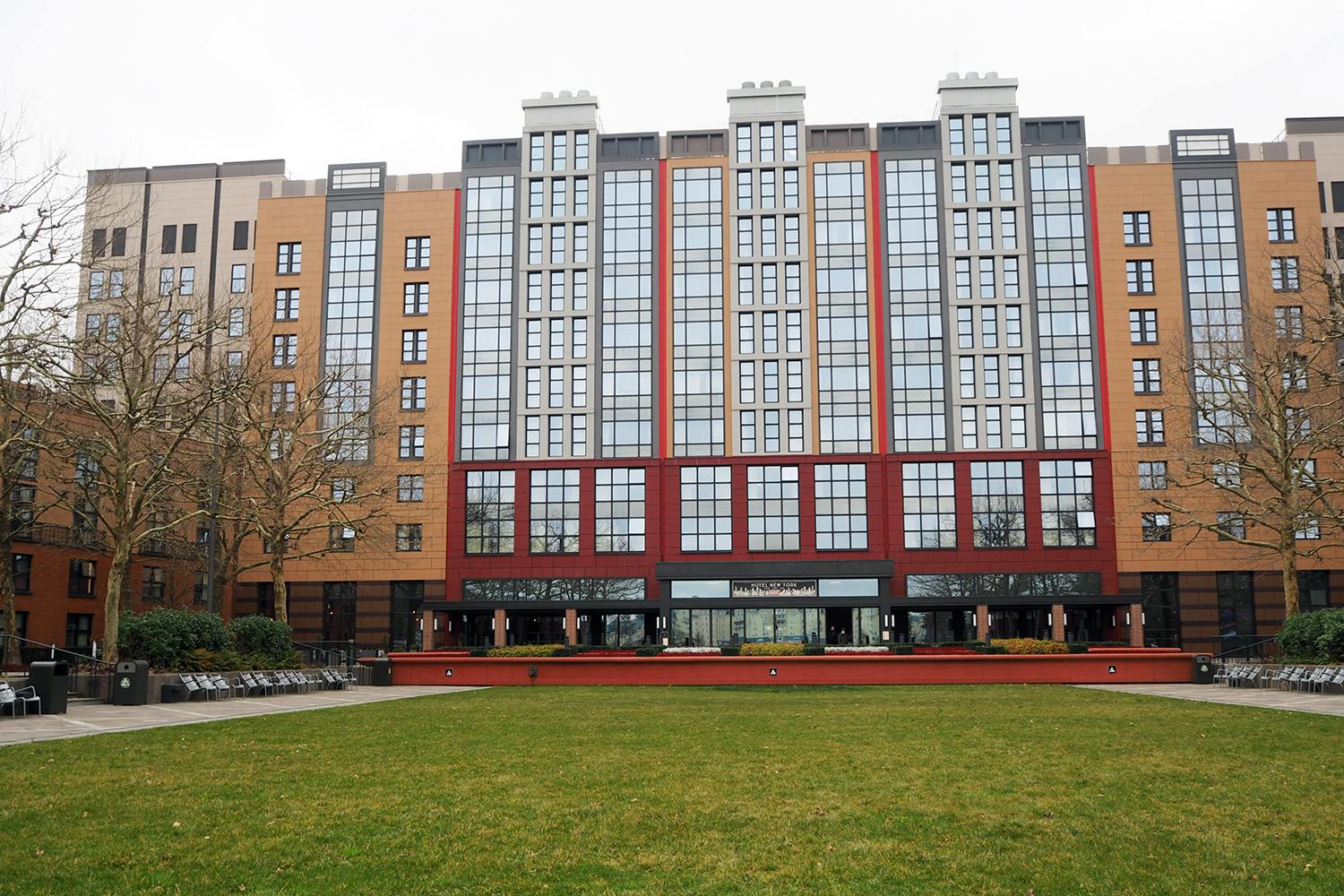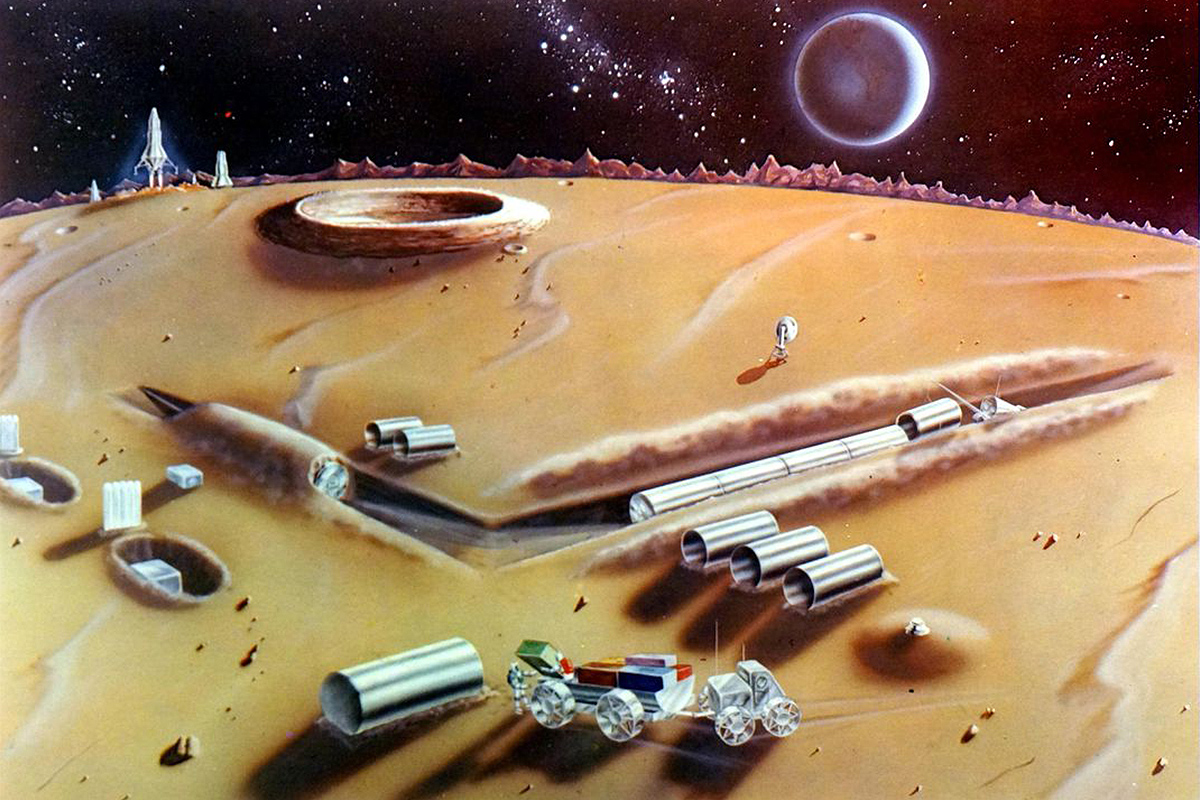It is an embarrassment no major studio in Hollywood has made a proper movie about America’s most popular president in forty years: Ronald Reagan.
Political bias is one explanation. Reagan’s uncomplicated personality (which goes some way to explaining his accomplishments as well as his flaws) is another. He lacks the complexity of a Jack Kennedy or Richard Nixon or Bill Clinton, which makes him less interesting as a character.
Yet his career and presidency offer plenty of opportunities for drama. Iran-Contra comes to mind. From my own bookshelves, I can recommend James Mann’s The Rebellion of Ronald Reagan: A History of the End of the Cold War (2009) for inspiration, which details how Reagan challenged the Nixon-Kissinger doctrine of détente in order to not coexist with the Soviet Union, but to defeat it. Which worked, but also brought the world to the brink of accidental nuclear war in 1983.
Rick Perlstein’s The Invisible Bridge (2014) and Reaganland (2020) are both exhaustive histories of Reagan’s rise through the Republican ranks, including his dramatic 1976 challenge to Gerald Ford’s nomination and his alliance with Christian fundamentalists. Some of whom turned against him during his second term, when Reagan was willing to make deals the godless Soviet Union once it has chosen a reasonable leader.
Director Sean McNamara chose Paul Kengor’s The Crusader: Ronald Reagan and the Fall of Communism (2006) as inspiration for his movie. I haven’t read the book, but the adaptation is a disappointingly uncritical regurgitation of conservative mythology.
Adding insult to injury, the story is told from the point of view of an ambitious Russian politician supposedly seeking to learn from the “mistakes” of his predecessors, who underestimated Reagan and lost the Cold War. This is an unnecessary fiction that takes away valuable screen time from Reagan’s life and presidency.
Reagan’s role in ending the Cold War was decisive, but reducing the demise of communism to his personal beliefs tests the credulity of the viewer. Empires don’t fall for one reason. The rot at the heart of the Soviet Union had weakened it from within for decades. Jimmy Carter’s decision to back the mujahideen in Afghanistan was a critical factor, which the movie ignores. The infiltration of Western music, literature and TV into the East Bloc played a role, which the movie ignores. The bravery of the people of East Germany and other countries in Central and Eastern European who threw off the Soviet joke is shown only in passing. And George Bush’s skillful diplomacy in the period between the fall of the Berlin Wall and the dissolution of the Soviet Union is — again — ignored.
AIDS is mentioned a grand total of once, and only in an intermezzo of historical footage. Reagan’s battles with a Democratic majority in Congress are reduced to him buddying with House speaker Tip O’Neill.
Dennis Quaid and Penelope Ann Miller put in fair performances as Ronald and Nancy Reagan, but they can’t fix a lousy script. Even Reagan admirers, of which I am one, should be disappointed.
I wish I could recommend a better Reagan movie, but frustratingly there aren’t any. Mrs America (our review here) tells the story of how the conservative movement became mainstream from another angle. The Americans and Deutschland 83 (review here) are better portrayals of the heightened Cold War tensions during Reagan’s presidency.
That there’s demand for more Reagan TV is clear from an audience approval rating of 98 percent on Rotten Tomatoes. I don’t think the critics, who give Reagan just 18 percent, are wrong in this case; I think viewers are screaming out for (good) Reagan drama. Will any movie or TV studio listen?





